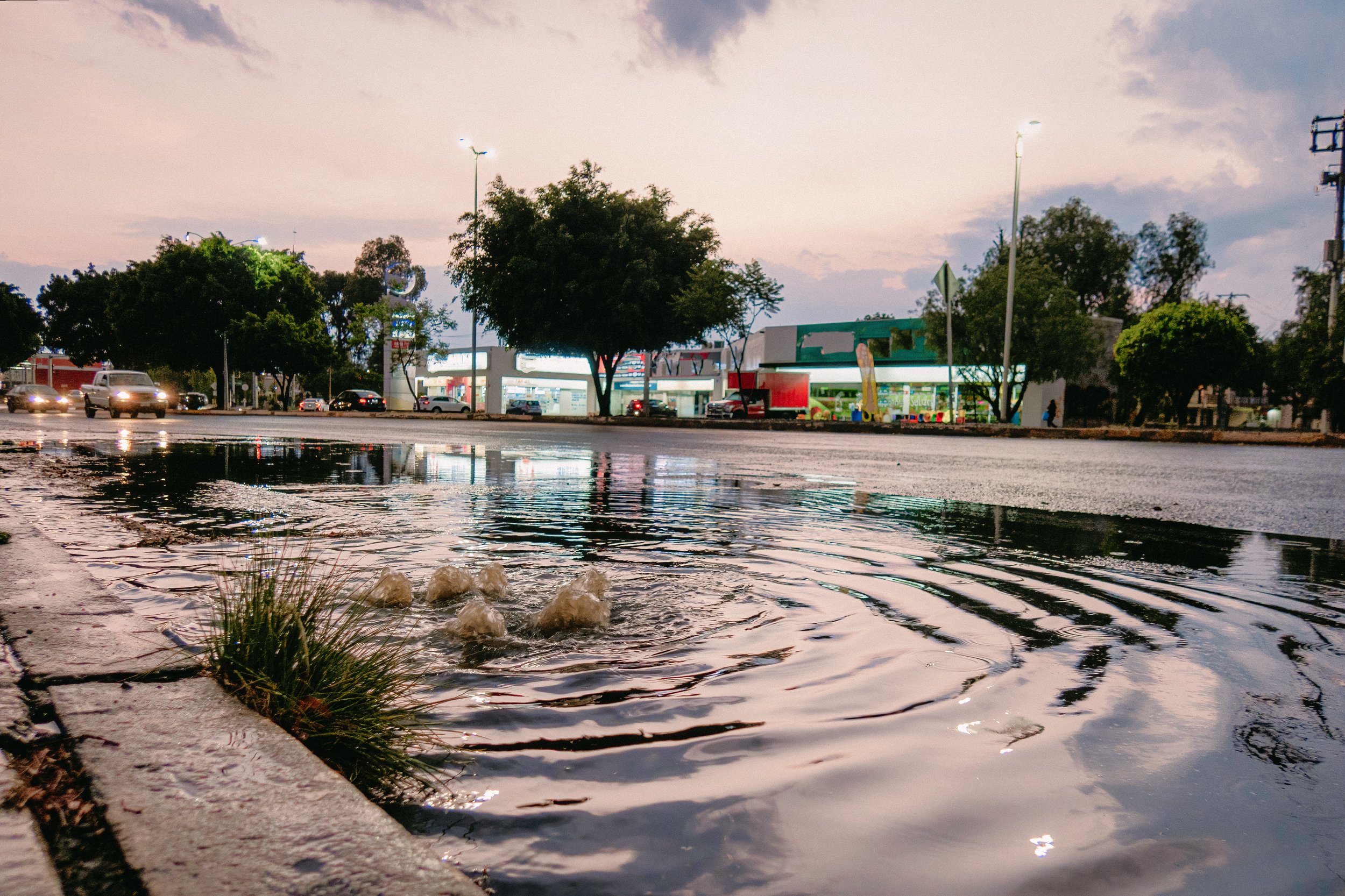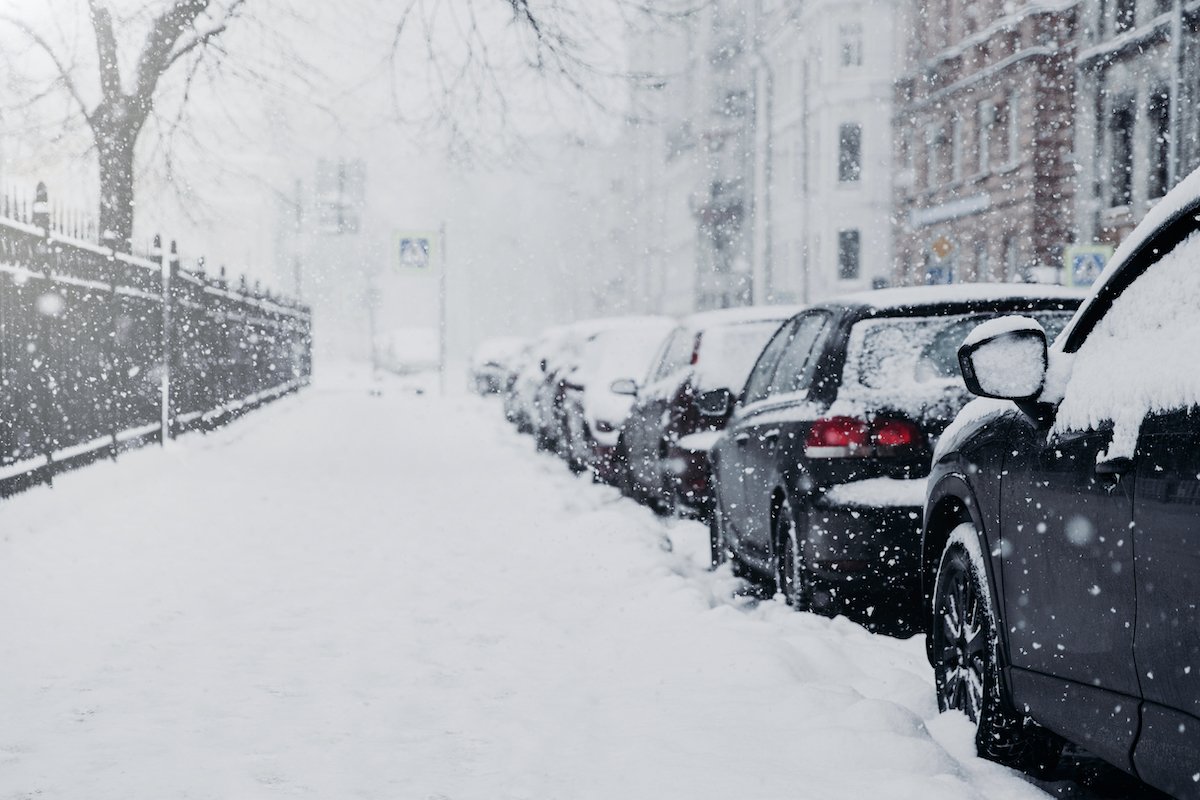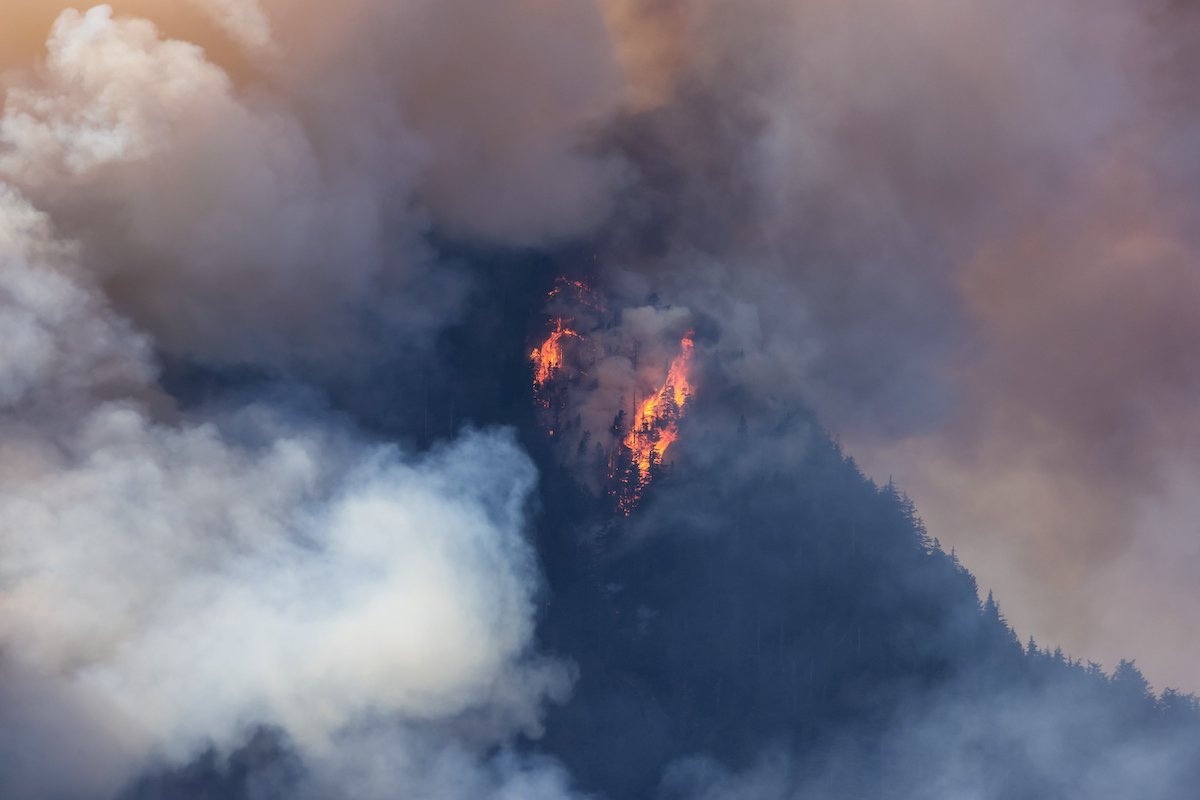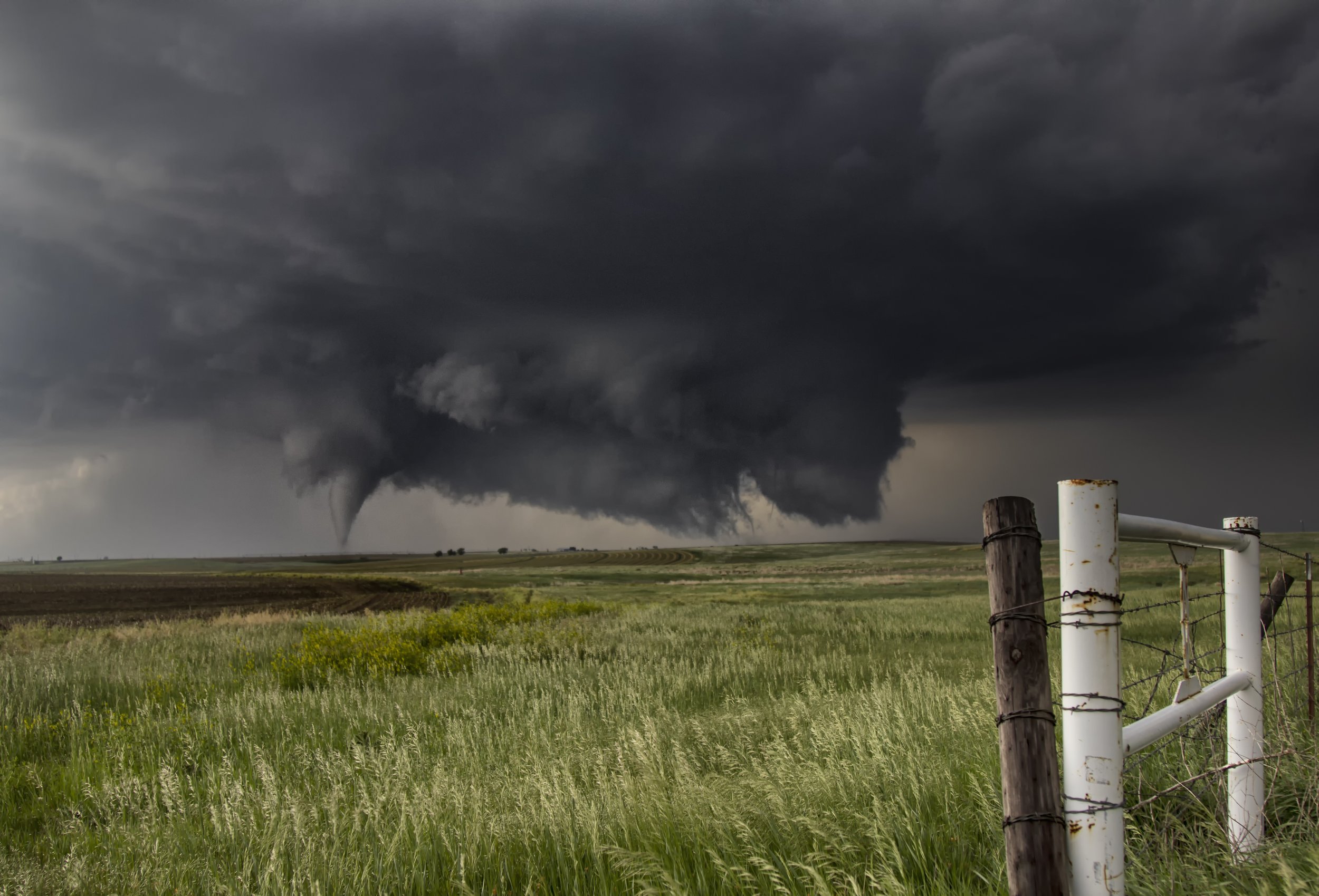Severe Weather Preparedness - Hurricanes
Languages: English
Media Editing: The video module(s) in this subject are editable under our Content Studio offering unless otherwise indicated. For more information about Content Studio, contact your CSM.
Description: Hurricanes are severe weather events that can cause major damage to property and serious injuries to people. In areas where hurricanes are common, it's important employees know how to prepare for them and how to keep their families and homes safe. In this subject, learners are taught when and where hurricanes usually happen, how to prepare for one before it happens, what to do when a hurricane arrives, and how to safely return home once the hurricane is over.
Languages: English
Media Editing: The video module(s) in this subject are editable under our Content Studio offering unless otherwise indicated. For more information about Content Studio, contact your CSM.
Description: Hurricanes are severe weather events that can cause major damage to property and serious injuries to people. In areas where hurricanes are common, it's important employees know how to prepare for them and how to keep their families and homes safe. In this subject, learners are taught when and where hurricanes usually happen, how to prepare for one before it happens, what to do when a hurricane arrives, and how to safely return home once the hurricane is over.
Languages: English
Media Editing: The video module(s) in this subject are editable under our Content Studio offering unless otherwise indicated. For more information about Content Studio, contact your CSM.
Description: Hurricanes are severe weather events that can cause major damage to property and serious injuries to people. In areas where hurricanes are common, it's important employees know how to prepare for them and how to keep their families and homes safe. In this subject, learners are taught when and where hurricanes usually happen, how to prepare for one before it happens, what to do when a hurricane arrives, and how to safely return home once the hurricane is over.
Topics
Hurricane Overview
-
To be prepared for a hurricane, you need to know when to expect it and when experts think it is likely that a hurricane might arrive. In this topic, you will learn the importance of preparing for hurricanes, how to make sure you get your supplies ready before one arrives, and what to do when a hurricane watch or warning is issued for your area.
-
Questions (level 1, 2, 3)
Video module
-
This topic is currently available in English.
-
Prepare for the arrival of hurricanes in advance to reduce your overall stress and the chance of damage to you, your household, and your property. Storms that seem nonthreatening at first can escalate quickly, so you should always be ready.
A “hurricane watch” means that hurricane conditions are possible in the area (winds up to 74 miles per hour or about 120 kilometers per hour). Hurricane watches are announced 48 hours before continuous winds of 39 to 73 miles per hour (62 to 120 kilometers per hour) are expected to start, so you should continue to monitor local news and weather reports to stay aware of any further instructions and current conditions.
If your area issues a “hurricane warning”, it means that hurricane conditions are expected in that area and you may be required to evacuate. Stay alert and monitor local news and weather reports to stay aware of current conditions and further instructions.
The timing of “hurricane season” will depend on the geographical area. It usually starts on May 15 in the North Eastern Pacific region and June 1 in the Caribbean and Atlantic regions. In both regions, it ends on November 30.
Prepare your emergency supplies before hurricane season starts so that you are prepared at any time. If possible, collect your emergency supplies over time to avoid stores selling out of life-saving resources right before a storm.
Preparing Before a Hurricane Watch or Warning is Announced
-
If you wait for a hurricane to arrive to prepare your emergency supplies and evacuation route, it will likely be too late. It’s important that you and any other people in your household immediately know what to do and where to go during a hurricane. In this topic, you will learn how to plan an evacuation route and research your evacuation zone, establish a meeting point or a single point of contact, establish and prepare a shelter room, and other small actions you can take over time to prevent damage to your home.
-
Questions (level 1, 2, 3)
Video module
-
This topic is currently available in English.
-
Plan your evacuation route from your home and area and practice it with the rest of your household. Your local government may give more specific instructions at the time of the hurricane, but you should have your own plan in case you don’t have access to the internet, television, or radio.
Research and find local shelters around you and make sure they accept pets if you have them. COVID-19 may have forced some of these shelters to close, so check which are still open and operational.
Plan and create a meeting place or a single point of contact (outside the affected area) for your family members so that if anyone is separated or not together during a hurricane, they will know how to contact and find each other.
Make sure everyone in your household knows about, understands, and is familiar with the evacuation plan, including the location of the emergency kit and supplies. You may not always be together when a hurricane happens.
Learn the name and boundaries of your local evacuation zone and sign up for local alerts if they are available. This will help make sure you know what evacuation routes are available if a hurricane occurs.
Figure out what your shelter room is if you need to shelter-in-place. It does not have to be in your house and could be elsewhere in the community, but it should be a windowless room in the center of the first floor of a building.
Prepare your shelter room with fresh water, non-perishable food, flashlights, blankets, towels, trash bags, sanitizer, masks, and pet food (if you have a pet) so you have supplies if you need to shelter from the hurricane.
Keep a list of emergency phone numbers and make sure they are easily accessible in case you need to call the police, hospital, or other services. This can mean programming them into your cell phone or leaving them by landlines.
Learn about your neighborhood and who may need extra help in case of an emergency, or who can help you in an emergency, such as for a shelter room.
Take small actions over time to protect your home in case of a hurricane. This means cutting down weak branches, updating your doors and windows, and decluttering drains and gutters to reduce the amount of potential damage to your home during a hurricane.
Staying Safe After a Hurricane Watch or Warning is Announced
-
To help prevent and avoid injury, it’s important that you know exactly what to do when a hurricane watch or warning occurs. In this topic, you will learn where to check for information when a hurricane is arriving, who to call for help when needed, dangerous things you should NOT do during a hurricane, and how to evacuate safely while being aware of hazards.
-
Questions (level 1, 2, 3)
Video module
-
This topic is currently available in English.
-
After a hurricane watch or warning is announced for your area, be alert and continue to check for updates through reputable news sources, including television, radio, or your local government website and social media pages, for any instructions or evacuation orders.
Be ready to evacuate at any time after a hurricane watch or warning is called because evacuation orders may come suddenly.
Call the hospital, public health unit, or the police if you or someone in your household has special needs or cannot move or leave the house easily. They can give you the advice, information, or assistance you need.
Make sure your car has enough gas and keep your emergency kit nearby in case you need to evacuate.
To know what the safest thing to do is, always listen to the local authorities or community leaders’ advice on whether to leave or stay at home. You should never ignore an evacuation order.
If the eye of the hurricane is over you, there will be a break in the winds lasting from a few minutes to half an hour. Do not go outside and remain sheltered because the winds will return from the opposite direction after the eye passes.
Do not walk, swim, or drive through flood waters. Six inches (15 centimeters) or more of fast-moving water can sweep you off your feet, and twelve inches (30 centimeters) can sweep away a vehicle.
Preparing Your Home After a Hurricane Watch or Warning is Announced
-
When a hurricane arrives, it can do a lot of damage to your home. This can be especially scary when you are using it to shelter-in-place. In this topic, you will learn actions you can take to reduce damage to your property and how to make sure you have enough food and water when sheltering.
-
Questions (level 1, 2, 3)
Video module
-
This topic is currently available in English.
-
Clear your yard and make sure that there is nothing that could blow around, such as lawn furniture, barbecues, toys, and bikes, to help prevent damage to your home, yourself, your household, or other people.
Cover up windows and doors using storm shutters, or nail pieces of plywood to the outside of the window frames to help protect your windows and home.
To help prevent damage to yourself, your household, or your home, be ready to turn off the utilities (hydro, water, gas) in your home at any time. Do this immediately if you see local flooding, downed power lines, or if you receive an evacuation order.
Keep your refrigerator at its coldest setting to reduce the chances of food spoiling if your home loses power during the storm.
Fill containers, sinks, and tubs with clean water if you are sheltering-in-place so you have access to water even if your water utility is lost during the storm.
Staying Safe After a Hurricane
-
Things don’t immediately go back to normal after a hurricane. Hurricanes can cause a lot of damage and hazards that you need to be aware of in order to keep you and your household safe. In this topic, you will learn about when it is safe to return home after a hurricane, what you should check when you do return home, hazards you need to be aware of, and what you need to properly dispose of.
-
Questions (level 1, 2, 3)
Video module
-
This topic is currently available in English.
-
Only return home or leave your shelter when local authorities say that it is safe to do so after a hurricane.
Help prevent carbon monoxide poisoning by keeping generators outside and at least 20 feet (six meters) from any door, window, or vent. Also, make sure to regularly check the batteries in your carbon monoxide detectors.
When cleaning up damage after a hurricane, wear protective clothing, including gloves, long pants and sleeves, sturdy shoes, and face and eye protection, especially when handling mold or debris.
Check around your property for damage and follow local guidelines on how to dispose of damaged items safely and properly.
Avoid driving or wading in flood water or stepping where you cannot see. Flood water can hide dangerous debris and underground or downed power lines.
Stay connected virtually with your community and family, particularly children, to help with your own and everyone else’s emotional and physical recovery. It is normal to feel stress, anxiety, grief, or worry after a severe weather event, so it is important to cope with these feelings in a healthy way.
Do not drink water from the tap (including well water) unless the authorities or local government say it is safe to do so.
Take photos of any and all property damage for insurance purposes.
Throw out or dry anything that got wet from the hurricane to prevent mold, including pictures, books, clothes, and blankets. Follow local guidelines for proper disposal of damaged property.
Continue to follow and get information from the radio, news, local weather channel, and the social media accounts of emergency officials so you remain aware and updated.





